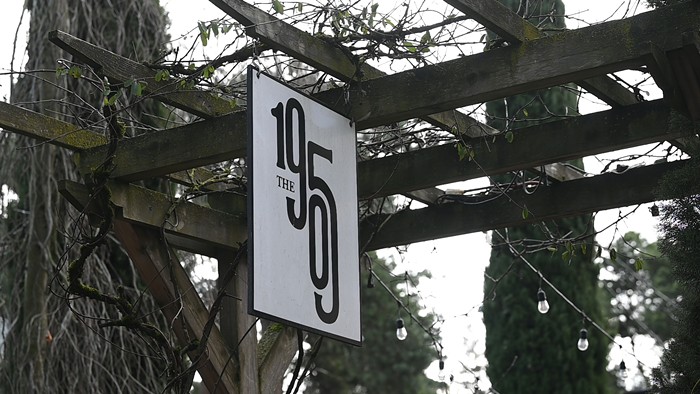"YOU KEEP SAYING kick it, quit it, kick it, quit it/God, but did you ever try to turn your sick soul inside out so that the world, so that the world can watch you die?"
A few decades after singing these words in 1971's "Home Is Where the Hatred Is," Gil Scott-Heron was living them. Long before Kanye West sampled the song, dragging it back into the pop culture spotlight, Scott-Heron's woeful tale of the junkie's "white powder dreams" became the finest drug tale since Lou Reed nervously hit the corner with $26 in his hand. But unlike the Velvet Underground frontman, who channeled critical acclaim to tangible success, Scott-Heron was never able to cash in on the hyperbolic and lofty praise ("The black Bob Dylan," anyone?), instead he faded into the abyss during the mid-'90s and beyond, only to occasionally resurface not onstage, but on a police blotter. There was the 2001 sentence for being caught with cocaine and a pair of crack pipes, his arrest at LaGuardia Airport for a controlled substance in 2003, and a 2006 parole violation that placed the man who declared "the revolution will not be televised" into a Rikers Island prison cell.
That is where the Gil Scott-Heron story should end, with the man in the ground, or just another drug casualty distancing himself from his once vast potential. But it didn't stop here. Trying to recover, Scott-Heron stopped his own downward spiral, with the help of a secondary wave of fan support. His long-out-of-print novels found their way back to bookstore shelves, and Richard Russell, the man behind XL Recordings (the White Stripes, Radiohead), went as far as to visit Scott-Heron in Rikers in order to pitch a plan for a new record from the incarcerated performer.
The result of that meeting is the Russell-produced I'm New Here, fittingly released on XL. It's not a return to his '70s poetic soul period or just another revisionist victory lap for a legendary performer; instead I'm New Here is an astounding set of songs weighed down by repentance and pain, striking a nerve so deep that it will startle you upon first listen. His once prideful voice has been scraped away by years of hard living, yet like late-era Johnny Cash, there is pained beauty to Scott-Heron's hoarse delivery.
For better or worse, the 61-year-old hemorrhages from his pen throughout I'm New Here, allowing listeners to visit the darkness that consumed him for the better part of a decade. This is best experienced in the lingering remorse of "Where Did the Night Go?" ("Fuck a job and money, because I spend it all on unlined paper and can't get past, 'Dear baby, how are you?'") and the pulsating "Me and the Devil," a harrowing journey through Scott-Heron's bruised psyche (with his most soulful vocal work in quite some time). Scott-Heron bookends the recording with a pair of intensely personal spoken-word pieces about his childhood (parts one and two of "On Coming from a Broken Home"), speaks of "standing in the ruins of another black man's life" (in "Your Soul and Mine"), and returns to the devastation of "New York Is Killing Me." Consider that song the anti "Empire State of Mind," proof that no matter the pop sheen Jay-Z and Alicia Keys slather on New York, that city will not hesitate to crush the weakest of wills.
With I'm New Here it's abundantly clear that Scott-Heron's reemergence is less an esteemed comeback, and more a simple act of survival. As he once explained, needle marks can never heal a broken heart, and in returning from the void that once swallowed him whole, Scott-Heron has allowed us a glimpse inside all the beauty and pain that a single life could possibly hold. For that, we should all be thankful.



















